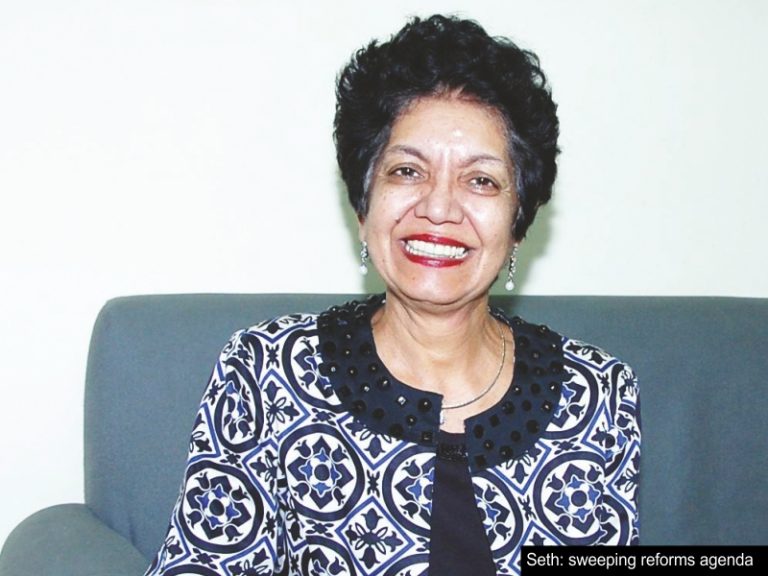Hong Kong: Private varsities boom

Hang Seng University, Hong Kong campus vista
Hong Kong is experiencing a boom in private and self-funded higher education as global tensions and buoyant demand fuel the territory’s ascension as an international education hub.
The number of private universities in Hong Kong has quadrupled in seven years. Hang Seng University’s 2018 conversion from a management college has given it equal billing to Shue Yan University, which pursued a similar trajectory 12 years earlier. Since then, two other private institutions have attained university status: Hong Kong Metropolitan University in 2021 and Saint Francis University in 2024.
Meanwhile, self-funded enrolments have soared in the city’s eight public universities. Statistics from the University Grants Committee (UGC), which only tallies government-subsidised enrolments, understate the true numbers of students by tens of thousands. UGC-funded programmes accounted for 61 percent of enrolments in 2023-24, down from about 66 percent in 2018-19, according to the annual reports of the universities that routinely publish their full student numbers.
Gerry Postiglione, emeritus professor at the University of Hong Kong, says the sector’s growth is no surprise. Hong Kong’s universities had been the “stars” of the pandemic period, improving their rankings at a time of severe economic upheaval — partly because they had benefited from an influx of top academics fleeing a US crackdown on mainland Chinese scientists during the first Trump presidency.
Postiglione says that while Hong Kong universities will increasingly seek enrolments from abroad, mainland China is a natural source. Its students are enticed by the territory’s lifestyle, its highly ranked universities and its one-year Master’s programmes — unlike the two-to-three-year duration typical on the mainland.
And while Hong Kong is renowned for its financial and legal systems, its universities are key to the territory’s role as a “super connector to the rest of the world”. It’s a small but powerful higher education system in the only city in China that has an official policy of bilingualism.















Add comment